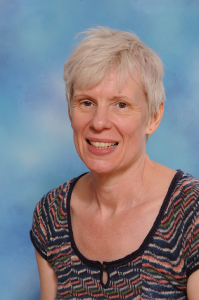There has been a “marked increase” in children diagnosed with pathological demand avoidance (PDA), according to an expert psychologist.
The expert is Sally Kane, a specialist at the UK’s leading authority on PDA, the Elizabeth Newson Centre in Nottinghamshire.

Sally Kane: some health authorities don’t recognise pathological demand avoidance because it’s not in the diagnostic manuals
She said awareness of the condition rose dramatically after Channel 4 broadcast the programme Born Naughty in 2015.
The TV show featured a child with PDA. The condition describes a sub-group of autistic children who are pathologically resistant to everyday demands. It first gained recognition in the early 1980s.
Controversial condition
But the condition remains controversial. The major diagnostic manuals used by professionals still do not include it.
As a result, Kane says recognition remains patchy.
She said: “It’s a mixed picture throughout the UK really. Understanding and awareness of PDA is definitely increasing.
“There are certain health authorities who will say, ‘We don’t deal with children with PDA. We don’t recognise PDA because it’s not in the diagnostic manuals.’”
But Kane said other health authorities are readier to recognise the condition. She said her centre has consequently seen an increase in requests for assessments.
Paula Webb, of parents’ group the PDA Society, also believes greater recognition has meant a rise in the number of children diagnosed.
Strategies for pathological demand avoidance
Webb, 52, said adults must use particular strategies for interacting with children who have PDA. They must present demands in an indirect way that reduces anxieties.
This makes it very different from strategies deployed for children with autism who do not have the demand-resistant condition.
Webb, who has a 22-year-old son with PDA, said in the past specialists were more likely to make only an autism diagnosis. Now, however, they were more willing to say the child also has a “profile of PDA”.
She added: “I suppose what you’re seeing is children who would normally get a diagnosis of ASD are now being more accurately diagnosed with PDA.”
Published: 2 February 2017















